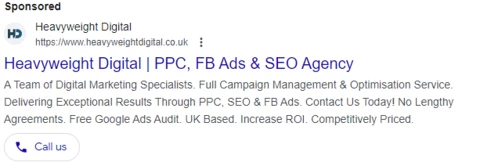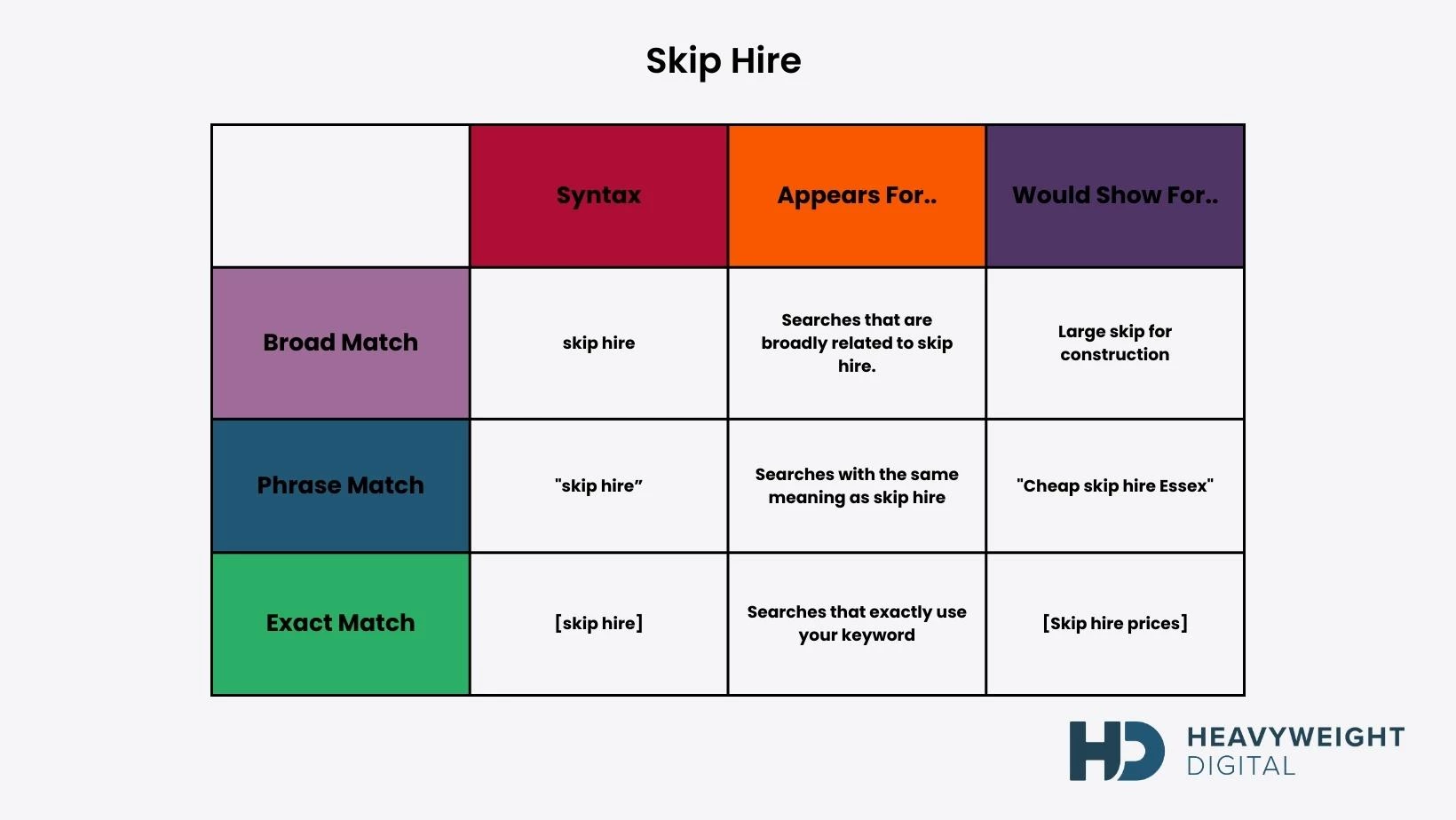
How to Lower Google Ads CPC and Boost Your ROI

by Roy Dovaston
Are you tired of watching your Google Ads CPC skyrocket while your ROI plummets? Don’t worry - you’re not alone. Many businesses struggle to strike the right balance between cost and performance in their ad campaigns. But what if we told you that there are proven strategies to lower Google Ads CPC without sacrificing results? In this blog post, we’ll walk you through 10 effective methods to help you optimise your ad spend and boost your ROI, giving you the edge over your competition.
Key Takeaways
Gain an understanding of Google Ads CPC and its importance for successful campaigns.
Optimise ad relevance, increase quality score and reduce CPC by mastering keyword selection & leveraging match types.
Utilise strategies such as automated bidding, adjusting bids based on performance metrics, targeting high converting periods & monitoring competitors to stay ahead of the competition while lowering average cost per click.
Understanding Google Ads CPC and Its Importance
Knowledge of Google Ads Cost Per Click (CPC) is crucial for a successful campaign. CPC stands for the amount paid each time someone clicks on your ad in search results, acting as an essential factor when calculating and optimising advertising expenses while simultaneously improving return on investment (ROI). The calculation of average Google Ads CPC is done by dividing the competitor’s ad rank by your quality score and then adding one penny to it. To reduce this cost, the focus should be put into enhancing the relevance of ads displayed, developing better landing page content, and maximising Quality Scores. Some strategies can serve as guidance such as working towards increasing these three factors or periodically checking competitors’ data for comparison purposes - that are all key elements when aiming to obtain lower overall costs per click from campaigns within Google’s platform.
Mastering Keyword Selection for Lower CPC

In order to drive a successful and cost-effective Google Ads campaign, relevant keywords with appropriate search volume must be carefully considered and chosen. Utilising long tail keyword phrases in particular is known for reducing CPC while boosting ad relevance thanks to the specific intent behind them. It’s important also not to forget about testing the various match types. Broadmatch, phrase, or exact match are particularly recommended when targeting applicable traffic so as to optimise spend on paid searches.
Careful monitoring and management of your keyword choices alongside different matching options may eventually lead towards improved quality scores, and greater relevancy of ads whilst making you benefit from lower CPC at the same time.
Enhancing Ad Relevance to Improve Quality Score

In order to have lower CPC and improve ad performance in Google Ads campaigns, it is important to focus on the relevance of ads since this will improve the Quality Score. Strategies that can be used for such an enhancement include writing captivating ad copy, utilising extensions with the ads, as well as creating high-converting landing pages with relevant copy.
Crafting Compelling Ad Copy
Writing captivating ad copy that resonates with your target demographic is essential for increasing click-throughs and thus decreasing CPC. An effective Google Ad should reflect user intent, focus on advantages over features, and include a strong call to action.
This means knowing who you are trying to reach, including applicable keywords in the text, providing an incentive for urgency, as well as personalising communication. Continually testing different versions of ads through A/B comparisons can lead to increased CTR’s (click through rates), better PPC ad performance overall, and lower costs per click associated with them.
Utilising Ad Extensions
Google Ads provides various extensions such as Location Extensions, Call Extensions, and Sitelink Extensions that can raise the visibility of your search ads by expanding the ad when triggered. These ad expansions have no direct effect on Quality Score, but do improve CTR, which leads to higher quality scores resulting in less costly CPCs. Ad extensions present more data to searchers improving engagement likelihood with the added bonus of a decreased cost-per-click (CPC). If you do not have ad extensions enabled, Google commonly pushes these as recommendations in the Google Ads interface that should be carefully considered - essentially, do not just press approve without first looking at the suggested sitelinks.
Designing High-Converting Landing Pages
Optimising landing pages is essential for a great user experience, maximising conversion rates and enhancing Quality Scores that cause cheaper CPC as a consequence. By directing ads to optimised webpages, the ad’s relevancy rises, and its consistency with users’ search objectives is accomplished which increases the Quality Score causing lower average cost per click on those keywords in that particular ad group.
To create optimal converting landing pages, you should consider mapping them according to search queries’ intent, ensuring an effortless journey through each of these pages as well as making sure there are features showing trustworthiness. These changes will reduce bounce rate while promoting relevance thus leading eventually to decreased cost per click.
Leveraging Negative Keywords to Optimise Ad Spend

Negative keywords can be hugely beneficial for improving ad relevance and Quality Score, while at the same time reducing CPC. A comprehensive negative keyword list will help filter out any non-applicable traffic to maximise the efficiency of your Google Ads campaigns. To ensure accuracy in these lists, it's advised to regularly scour Search Terms reports and add all irrelevant terms as negative keywords, this not only optimises ad spend but can lower CPCs significantly.
Implementing Different Match Types for Better Control

Experimentation with various match types such as broad, phrase, and exact is a great way to take control of your ad budget while also boosting the relevance of ads in order to decrease CPC. Broad match keywords offer extensive keyword searches that relate closely yet may lead to increased costs due to more competition and broader keyword triggers.
Conversely, you can target only those who are actively searching for precise terms by using an exact matching method that helps diminish CPC outlay. Ensuring proper allocation of campaigns through thoughtful use of keyphrases will ensure better performance on Google search Ads along with reduced cost per click overall.
Organising Campaigns into AdGroups
Organising ads within a Google Ads campaign should involve classifying keywords into topics and organising your list effectively. An old technique that can sometimes bare relevance is to consider Single Keyword Ad Groups (SKAGs). By doing this, you can greatly benefit from increased ad relevance as well as leads directed to designated landing pages. It allows for more precise bid alterations while cutting down on overall costs associated with the campaigns. Creating separate ad groups in order to better manage CPC will result in decreased spending along with optimised performance of your Google Ads campaigns.
Experimenting with Automated Bidding Strategies

Google Ads provides various automated bidding strategies - Maximise Clicks, Target CPA, Target ROAS and Enhanced CPC - to help you optimise bids based on the probability of a click or conversion.
Through testing these different approaches, you can find the most successful way to lower cost-per-click (CPC) while improving your campaign’s effectiveness.
This enables an efficient management process via machine learning, which allows more time for other areas in your business operations instead of focusing exclusively on ads. The right type of strategy implementation will keep or even better overall ad performance whilst decreasing CPC at the same time!
Adjusting Bids Based on Performance Metrics

By monitoring performance metrics like click-through rate (CTR), conversion rates, cost per conversion, and return on advertising spend (ROAS), you can make data-driven decisions to reduce your average CPC without compromising results. Google Ads offers bid adjustment capabilities that enable more control over bidding strategy based on keyword search term location or day which in turn optimises the campaigns for a lower CPC. Analysing these metrics gives an opportunity to modify bids accordingly, giving leverage for better ad performance with less money spent. This is how effective adjustments of bids ultimately result in gaining maximum ROI from advertising expenditure lowering CPC and advertising costs at the same time.
Capitalising on Location, Device, and Ad Scheduling

You can optimise your Google Ads performance by modifying bids based on location, device, and ad scheduling. This allows you to target periods with higher conversion rates while cutting expenses in poor-performing intervals. Refined geo-targeting towards particular regions that yield positive results will have a positive effect on reducing cost per click (CPC).
It is also wise to adjust your ads so they reach the right people during active hours, this means increasing bidding for better returns when demand increases and lowering spending at unprofitable times of day which helps lower CPC as well as improve overall performances.
Monitoring Competitor Strategies and Auction Insights
By using Auction Insights, you can observe how your competitors operate and what they are doing right. It helps uncover missed opportunities as well as gain insight into where potential growth is possible to distinguish yourself from the competition. By monitoring their campaigns closely it enables you to:
Adopt successful strategies of theirs
Reveal keywords you hadn't considered
Find areas in which they lack coverage
Elevate your unique value proposition
Stay one step ahead of them at all times
Enjoy lower CPCs while optimising ad performance
Summary
By taking the right steps, such as choosing keywords effectively, improving ad relevance, using negative keywords correctly, testing out match types, and creating well-structured campaigns through ad groups while also making adjustments to bids depending on performance metrics and optimising your ads for location/device settings plus scheduling them accordingly. You can successfully reduce Google Ads CPCs and improve ad rank in order to improve Return On Investment (ROI). Stay up-to-date with trends along with researching what competitors are doing before refining existing campaigns so that they stay ahead of the game when it comes to digital advertising.
Frequently Asked Questions
Why is my CPC so high on Google Ads?
Your cost-per-click (CPC) on Google Ads being high is probably caused by competition in the auctions. How much you pay depends on how many others are bidding and their willingness to invest, meaning your CPC reflects this activity.
How do I limit CPC on Google Ads?
When it comes to limiting your Cost Per Click (CPC) in Google Ads, there are various things you can do. Such as lowering bids, using long-tail keywords and new match types, focusing on boosting quality score along with adjusting bidding strategies beyond just the keyword level. It is also recommended that you check first page bid estimates before modifying maximum CPC.
What is a good CPC for Google Ads?
This can vary hugely based on the service or product being offered and associated competitiveness. It's impossible to generically answer this question. One question we often ask our clients at a very early stage is how profitable is your average sale? This can lead to understanding how much a good CPC for Google Ads is based on your expected conversion rate.
What does a lower CPC mean?
By optimising your ads and maintaining a lower Cost Per Click (CPC), you can maximise the potential of your advertising budget, increase ROI and receive more clicks for that particular campaign. This strategy is certain to boost ad rank too!
How do I lower my average CPC?
To reduce your CPC, work on improving your Quality Score by testing long-tail keywords, different match types, and associated keyword variations. Also, add negative keywords to your campaigns as well as modify the bidding strategy, and lower individual bids for chosen words. Finally, ensure that ads are relevant in order to be effective.